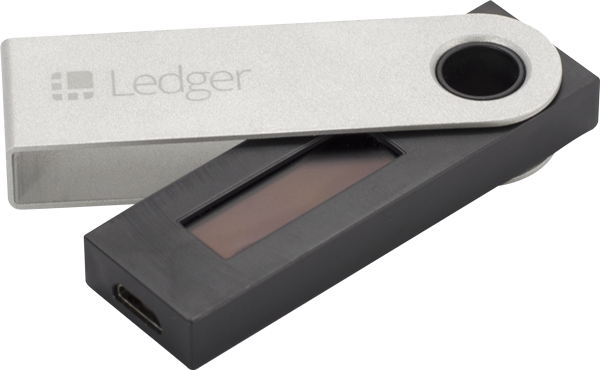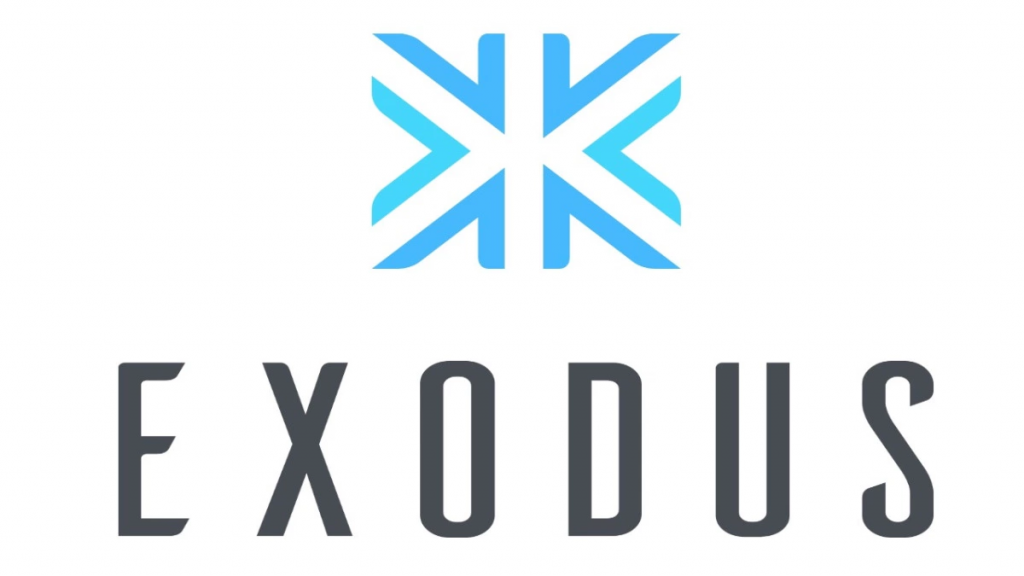Security is of the utmost importance when it comes to choosing where to store your cryptocurrencies. Exchange hackings have been on the rise, along with reports of persons being unable to access their crypto funds stored on exchanges. This is why it’s necessary to have your own private wallet (where only you know the private keys) for storing tokens.
If you are a LEDU token hodler or want to join our HODL program and earn more LEDU simply for keeping what you already have, then these are some of the best wallets for storing tokens. Since LEDU is an ERC-20 token on the ethereum blockchain, each of these wallets is ERC20 compatible.

Arguably the most well-known cryptocurrency hardware wallet is the Ledger Nano S. One of the benefits of the Ledger wallet is the fact that it is portable and easy to carry around. Hardware wallets or cold-storage wallets like the Ledger wallet, offer more security than other cryptocurrency wallets as the private keys are stored offline.
A backup phrase is also available in case your wallet is misplaced or stolen so that you can recover your funds. The Ledger Nano S supports a number of different cryptocurrencies and is an excellent choice for storing tokens you won’t be actively trading, perfect for hodlers.

Parity is quite a popular company in the cryptocurrency space due to their development of various types of blockchain infrastructure. The newest iteration of their wallet is known as Parity Fether. It is a fast and light Ethereum wallet which can be used to manage all ethereum-based assets such as ERC20 tokens.
Parity Fether connects to the Ethereum blockchain in a decentralized manner, fetching data from Ethereum nodes instead of forcing users to trust a centralized node or service. This makes Fether a simple way of transferring Ether and ERC20 tokens on Ethereum. Parity also provides Parity Singer, a secure offline wallet for your mobile device. Persons who aren’t new to blockchain and storing tokens will find these options from Parity to their liking. New persons may prefer some of the other options we have listed.

If you’ve heard of Ethereum and ERC20 tokens then chances are you know about MyEtherWallet (MEW). MEW is a paper wallet which supports ether and ERC20 tokens. Any token on the ethereum blockchain can be stored using MEW. One huge benefit of MEW is that it’s free. You simply need to go their website and create a wallet by generating an address and private key.
One of the things which persons new to cryptocurrency need to be wary of is that you should store your private keys and wallet address offline as well. Without your private key, there is no way to access your MEW. However, the ease of creating a wallet and using it with MEW, as well as its security, make it a terrific choice for storing LEDU tokens or any ethereum-based token.

MetaMask is a browser extension wallet. It has the same features and functions of any other ethereum wallet. With MetaMask you can interact with dApps and smart contracts straight from your browser. MetaMask’s flexibility makes it a great option for storing your ERC20 tokens and accessing them quickly. MetaMask also provides an excellent user-interface so that persons are able to find everything they need easily.

Exodus is a desktop-based wallet, meaning that your cryptocurrencies are stored directly on your machine. It is very user-friendly and is available for Windows, Linux and Mac. Its interface doesn’t have any complexities, which makes it very suitable for beginners as well. Exodus also provides 24/7 customer support.Private keys and transaction details are encrypted your hard drive, giving you complete control of your keys.
Now that you know about the best choices for storing your LEDU tokens, it is the perfect time to get some more. Check out our article here for a guide on how and where to buy LEDU tokens.







